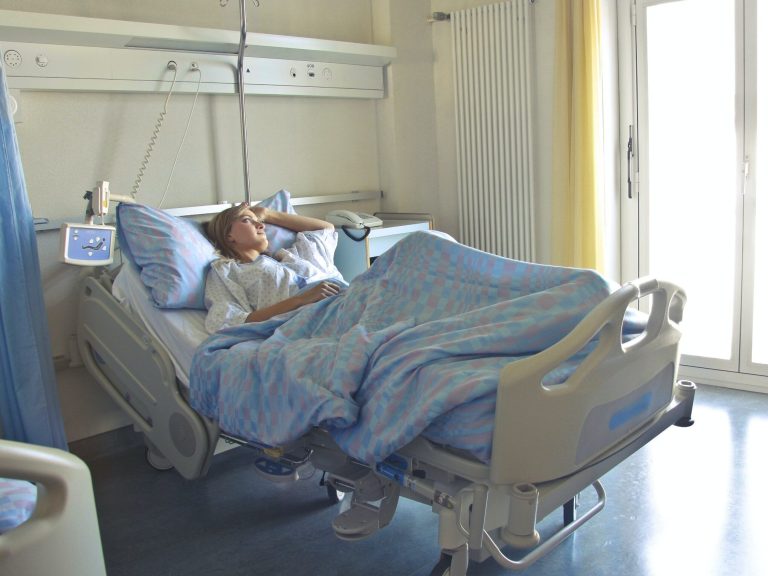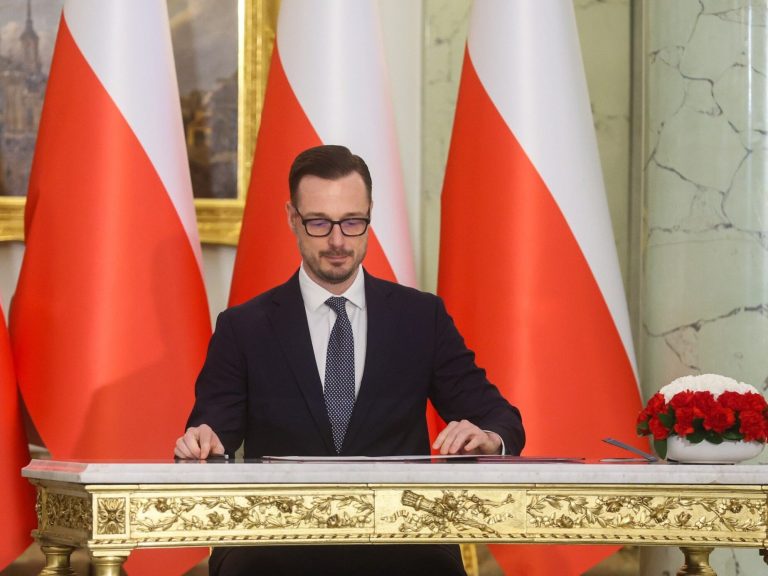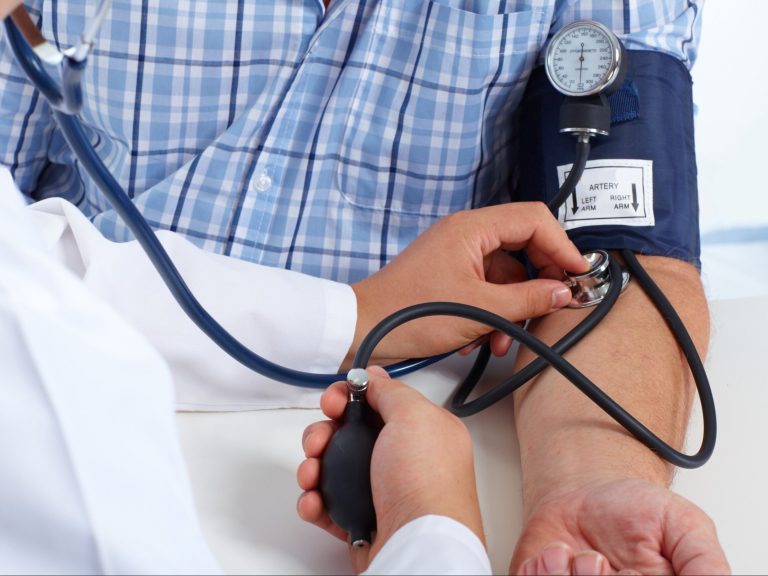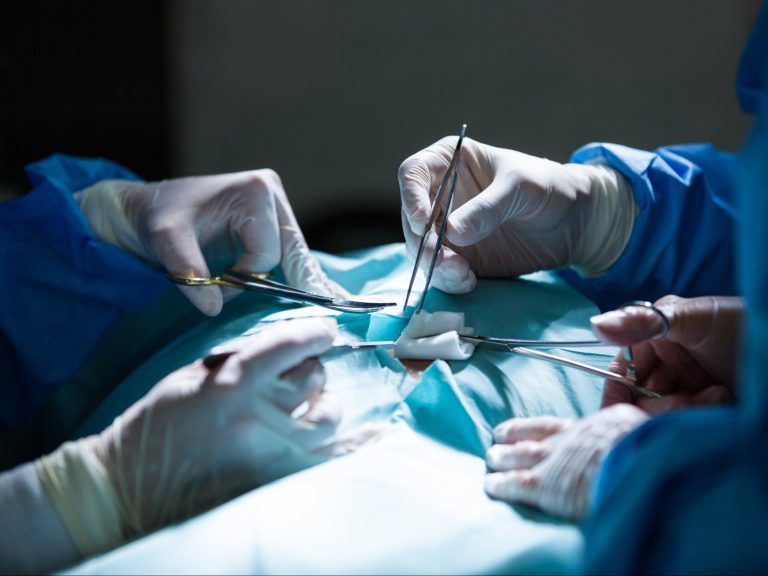Deputy Minister Demkow: The plan for rare diseases will be gradually implemented. We are working on diagnostics

The first step is to introduce genetic tests into the basket of guaranteed benefits and their valuation – this is already being completed. The next step is to develop a platform for rare diseases as a source of information for patients and health care system employees, says the Deputy Minister of Health, Prof. Urszula Demkow.
Minister, you are currently responsible for the issue of rare diseases. This is a difficult area: there are up to 7-10 thousand rare and very diverse diseases. Both children and adults are affected; some diseases appear right after birth, others only in adulthood. What do you see as the biggest challenges in patient care?
The first challenge is to make the correct diagnosis as quickly as possible. Patients undergo a true diagnostic odyssey and many years pass before a diagnosis is made. The education of family doctors and pediatricians, who are usually the first to come into contact with the patient, is very important. They should have knowledge about rare diseases. That is why the “Rare Diseases” platform was created as part of the implementation of the Rare Diseases Plan. The portal provides knowledge about rare diseases and links to websites related to this topic (including international ones). The second, very important issue that will speed up diagnosis are expert centers of excellence for rare diseases, where patients will be able to obtain professional help.
Access to innovative therapies is also a challenge. We have something to be proud of here – the Minister of Health has recently introduced many innovative therapies. However, medicine is constantly developing and newer treatment methods are emerging. The challenge is accessing them.
Patients often talk about a diagnostic odyssey. Is improving access to genetic diagnostics likely to shorten the waiting time for diagnosis?
Not all rare diseases have a genetic basis. However, many rare diseases (especially in children) have them. The rare disease program we are preparing also aims to facilitate access to genetic tests.
A regulation is currently being prepared which will introduce two diagnostic tests into the guaranteed AOS benefit package. The first is an aCGH microarray study; second – gene expression using real-time PCR. There are also other genetic tests in the queue. We are working to ensure that they are available and that their implementation does not burden the hospital budget.
During the conference on Rare Diseases Day, Minister Izabela Leszczyna said that the new Plan for Rare Diseases will be adopted in the second quarter of this year. What can patients with rare diseases count on?
The plan will be gradually implemented. The first step is to introduce genetic tests into the basket of guaranteed benefits and their valuation – this is already being completed. The next step is to develop the platform for rare diseases as a source of information for patients and health care system employees by constantly providing the necessary information. In cooperation with the e-Health Center, we try to make the platform functional. The third element is the register of rare diseases, which will also be created in cooperation with the e-Health Center. Thanks to the register, we will know how many patients there are with a given rare disease and what their treatment is like. It will also include additional information that will help in making rational decisions related to the management of the health care system in this area.
Another element is the Rare Disease Patient Card, which is currently being prepared. It will contain basic information about the rare disease the patient suffers from. He will have the card with him. If something happens, the doctor (or health care facility) providing assistance will find the necessary information so that the assistance provided to the patient is as quick, targeted and appropriate as possible.
There are opinions that new medical professions related to genetic diagnosis should be created, such as a genetic counselor. Is there really a need for this?
A genetic counselor is a person who could support a doctor and provide the patient and his family with comprehensive information about a given disease and its inheritance. Currently, due to the lack of an educational “path” for such specialists in the system, analyzes are underway at the Ministry of Health regarding possibilities in this area.
Generally, people who have a rare disease in their family are very lost, need support, sometimes “guilt relief” – parents often blame themselves for the fact that their child is sick or blame each other. A child's illness is no one's fault. It also happens that a de novo mutation occurs and neither of the parents is a carrier of the defective gene. People in this situation need additional information. Of course, doctors have knowledge on this subject, but in Poland we only have about 140 doctors specializing in clinical genetics, and this is definitely not enough considering the needs of this developing branch of medicine. In many countries, there is already a profession called a genetic counselor, which supports patients with genetic diseases and their families.
If genes that indicate a predisposition to certain cancers are detected, certain preventive measures can be taken. An example is Angelina Jolie, who had a BRCA 1 mutation. She decided to have her breasts and ovaries removed as a preventive measure. This is a very radical course of action. Sometimes it would be enough for the patient to be aware that he or she is a carrier of a gene that increases the predisposition to cancer. Therefore, he should perform check-ups more often and be more vigilant about his health. The profession of a genetic counselor may be very necessary in the near future.
All this shows that the role of diagnostics (including genetic) is very important at the moment, both in rare diseases, such as oncology?
Knowledge about genetics is developing at a rapid pace. However, both the law and the rules of ethical conduct often fail to keep pace with the development of science. The level of knowledge is growing, and we often do not know how to put some issues into a legal framework. There is no debate in any field of medicine about whether a patient should be informed about test results or whether he or she has the right not to be informed. This involves, for example, detecting mutations in the genome that are associated with diseases that the patient has a high risk of developing in the future, but there is no way to prevent them. Living under the pressure of such information is very difficult. Therefore, the patient may not want to be informed about such issues.
The second issue related to ethics and the results of genetic testing is possible insurance issues. There is not much talk about it in Poland, but insurance companies could discriminate against patients with a defective gene and not include them in insurance or increase the premium – based on the knowledge stored in a given person's genome.
These are huge ethical dilemmas that arise with the development of knowledge. However, when talking about genetic testing, it is impossible not to ask about its use in cancer treatment. Nowadays, it is increasingly impossible to treat patients effectively in many cancers without genetic testing?
For many cancers, we already have targeted treatment available, which depends on the type of mutations occurring in cancer cells. In such a case, genetic testing is necessary to select the appropriate treatment for the patient. This is the so-called personalized therapy, tailored to a specific patient. This is already the case today, among others, breast cancer, lung cancer, and many other cancers. A genetic test is necessary to select the appropriate treatment.
Thank you very much for the conversation, we hope to implement the announced changes.
Interviewed by: Katarzyna Pinkosz






